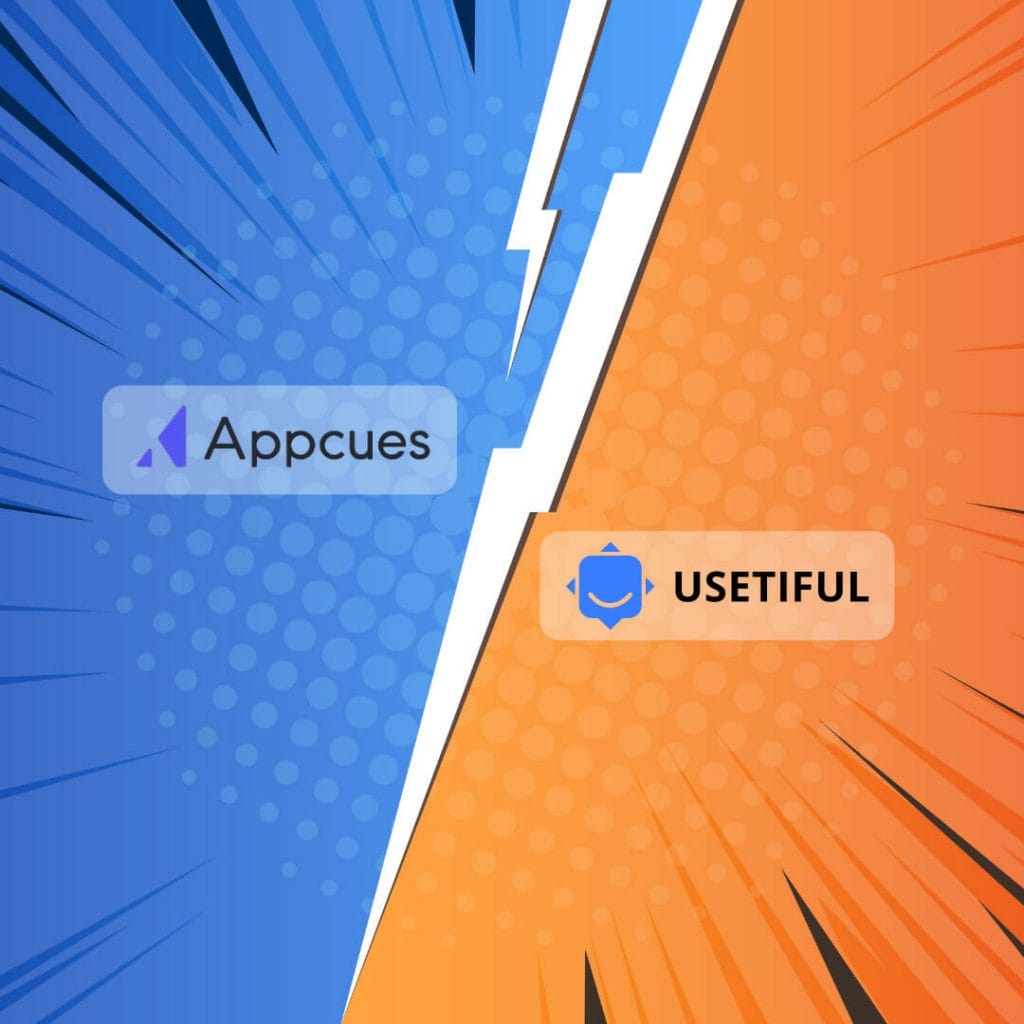In the rapidly evolving world of e-commerce, choosing the right platform for your online store can make all the difference in your business’s success. Two of the most popular and powerful e-commerce platforms available today are BigCommerce and Shopify. Both platforms have their unique features and capabilities, catering to a wide range of users, from small businesses to large enterprises.
When comparing BigCommerce and Shopify, it’s essential to consider their core functionalities, pricing plans, customization options, and user experience. While both platforms offer robust tools for creating and managing online stores, they differ in various aspects, which may make one more suitable for your business than the other.
Throughout this comparison review, we’ll dive deep into the critical characteristics of both BigCommerce and Shopify, weighing their pros and cons. This analysis aims to provide a clear understanding of each platform, ultimately helping you make a well-informed decision for your e-commerce venture.
About Bigcommerce

Bigcommerce is a leading ecommerce platform that offers businesses of all sizes the ability to create, customize, and manage their online stores with ease. The platform is known for its robust set of features, customizable themes, and powerful integrations with other services, making it an ideal choice for merchants who want a comprehensive solution for their online store needs.
One major advantage of Bigcommerce is its flexible pricing plans, which cater to different business sizes and requirements. The platform offers various plans, including Bigcommerce Standard, Bigcommerce Pro, and Bigcommerce Enterprise, with each providing an increasing array of features, unlimited products, storage, and bandwidth. This allows merchants to choose a plan that best suits their needs while keeping costs in check.
Bigcommerce prides itself on offering an extensive range of features and built-in tools that simplify ecommerce management. From advanced categories and shipping tools to efficient inventory management, the platform aims to streamline the ecommerce process for businesses. Additionally, it offers powerful SEO tools that help enhance the online visibility of the stores, ultimately leading to improved performance and increased sales.
Another advantage of Bigcommerce is the extensive app store that offers seamless integrations with popular third-party services, such as POS systems, payment gateways, and marketing tools. This versatility and customization empowers merchants to build a unique ecommerce store that caters to their specific needs.
Customer support is a crucial aspect of any ecommerce platform, and Bigcommerce takes it seriously. Merchants have access to a highly responsive customer support team through various channels including live chat, email, and phone support. Furthermore, the platform provides extensive documentation to assist users in troubleshooting issues and maximizing the platform’s potential.
In terms of transaction fees, Bigcommerce does not charge any additional fees for using third-party payment gateways. This advantage enables merchants to choose their preferred payment method without worrying about added costs impacting their bottom line.
Bigcommerce also offers a free trial for businesses interested in testing the platform’s capabilities before committing to a plan. This allows potential users to explore the various features and assess if the platform is the right fit for their ecommerce store needs.
To sum up, Bigcommerce is a powerful and feature-rich ecommerce platform that caters to businesses of all sizes. With customizable themes, an extensive app store, and a user-friendly interface, it offers a comprehensive solution for merchants looking to build and manage an online store.
About Shopify

Shopify is a popular ecommerce platform that offers a wide range of features for businesses of all sizes. It provides an easy-to-use website builder, customizable themes, and numerous integrations to help you create a unique online store. One of the key strengths of Shopify is its extensive app store, which allows you to enhance your store’s functionality with third-party apps and integrations.
The platform offers a variety of pricing plans suitable for different budgets, starting with the Basic Shopify plan. Each plan comes with a range of features, including SSL certificates, credit card processing, and support for multiple sales channels, such as Facebook, Amazon, eBay, and Instagram. Shopify Payments, the platform’s built-in payment gateway, offers competitive transaction fees and seamless checkout experience for customers.
Shopify values customer support and offers 24/7 assistance through multiple channels, including phone, email, and live chat. In addition to expert help, users have access to a wealth of resources and guides, making it easy for them to get started and manage their online business.
Shopify excels in the area of customization, allowing users to modify their store’s appearance and features without extensive technical knowledge. The platform’s theme store offers a large selection of both free and paid templates, designed to cater to various industries and styles. Moreover, Shopify’s easy-to-use content management system (CMS) enables you to add, edit, and manage products, pages, and blog posts with minimal difficulty.
When it comes to search engine optimization (SEO), Shopify has built-in features that help improve your store’s visibility on Google and other search engines. These features include customizable meta tags, image optimization, and automatic generation of sitemap.xml files. Various SEO apps are also available in the Shopify app store to further enhance your store’s search ranking.
Shopify’s capabilities do not stop at ecommerce; the platform also offers integrated marketing tools to help you reach more customers and grow your online business. With built-in support for email marketing, social media advertising, and Google Shopping integration, Shopify provides a comprehensive solution for online retailers.
In summary, Shopify is a powerful ecommerce platform that offers a wealth of features and customizability. With its extensive app store, diverse pricing plans, and strong customer support, it caters to businesses of varying sizes and requirements. However, each user should carefully consider their needs and preferences to ensure Shopify is the right fit for their online store.
Round 1: Best UX

When comparing BigCommerce and Shopify in terms of user experience (UX), several factors can help determine which platform offers the most user-friendly and efficient experience for various use cases.
BigCommerce is known for its ease of use and robust, built-in features, often requiring fewer integrations to achieve customizations or advanced reporting. This platform enables users to create custom fields for products and offers a comprehensive analytics suite to monitor and improve online sales channels.
Shopify, on the other hand, is touted for its unparalleled usability and customizability through a vast ecosystem of apps and themes. Although it might require more integrations to reach the same level of functionality as BigCommerce, these multiple options give users the flexibility they need in designing an e-commerce store tailored to their specific requirements. Moreover, Shopify’s app store boasts a wide range of analytics and reporting tools to support thorough business tracking and evaluation.
In terms of interface and navigation, both platforms offer intuitive and well-designed dashboards that prioritize user-friendliness. However, Shopify’s content management system (CMS) has a slight edge in terms of simplicity and organization, allowing for faster onboarding and reduced learning curve for beginners.
It’s also essential to consider the mobile experience for the end-users. Both BigCommerce and Shopify provide responsive and mobile-friendly templates, ensuring that customers can shop easily on any device. This responsiveness is crucial for maintaining a seamless and enjoyable shopping experience, resulting in higher conversion rates and customer satisfaction.
To sum up, the choice between BigCommerce and Shopify for the best UX ultimately depends on individual business requirements and preferences. While BigCommerce is feature-rich and includes many built-in functionalities, Shopify stands out for its customizability and vast ecosystem. Both platforms are focused on delivering a user-friendly and mobile-responsive experience, making either option suitable for building and managing an e-commerce store.
Round 2: Features Comparison

For an online store to thrive, having the right set of features is crucial. Both BigCommerce and Shopify excel in providing a vast range of functionalities beneficial to businesses. Let’s dive into some key aspects of the platforms, including inventory management, built-in features, SEO capabilities, social media integration, and template availability.
Inventory management in both BigCommerce and Shopify is seamless. These SaaS platforms allow you to track your products, set stock levels, and monitor variations in real-time. You can easily oversee your inventory, ensuring that your online store is always stocked up.
When it comes to built-in features, both platforms come equipped with essential e-commerce tools directly integrated into their systems. BigCommerce enables store owners to access features such as product reviews, advanced discounts, and a robust shipping suite without any additional costs. In contrast, Shopify requires the installation of third-party apps for many of these functionalities.
In terms of SEO features, both platforms offer users tools to optimize their online stores for search engines effectively. This includes customizable URLs, metadata, and headings. BigCommerce, however, comes with a slight edge, as it allows users to edit their store’s robots.txt file – a feature currently unavailable in Shopify.
Multichannel selling is vital in today’s e-commerce landscape. Both platforms provide their users with comprehensive online sales channels, enabling seamless integration with various marketplaces and social media channels. This expands the outreach of your brand and products, opening up new customer acquisition possibilities.
Regarding coding experience, both BigCommerce and Shopify let users customize their stores by adding or modifying HTML and CSS code. However, this level of customization is not required for most users – both platforms come equipped with a variety of free templates that cater to different business needs and store aesthetics. The design options ensure that your store remains visually appealing and user-friendly without the need for extensive coding knowledge.
In conclusion, BigCommerce and Shopify both offer powerful features that cater to businesses at various stages of growth. While they share similarities, their unique selling points could make one a better fit for specific business needs. Ultimately, the choice between these two platforms lies in aligning their features with your business priorities and requirements.
Round 3: Price

When comparing BigCommerce and Shopify, pricing becomes a major factor for businesses to consider. Both platforms offer a range of plans to suit different budgets and needs. Let’s take a closer look at the pricing structure of each platform.
BigCommerce offers three main pricing tiers: Standard, Plus, and Pro. The Standard plan starts at $29.95 per month, which includes all essential features for starting an online store. The Plus plan, at $79.95 per month, adds some advanced features such as customer segmentation and abandoned cart recovery. The Pro plan, starting at $299.95 per month, is designed for high-volume businesses and includes more advanced features like Google customer reviews and custom SSL.
Shopify, on the other hand, also offers three pricing tiers: Basic Shopify, Shopify, and Advanced Shopify. The Basic Shopify plan is priced at $29 per month and includes all necessary features for starting an online store, such as unlimited products, discount codes, and more. The Shopify plan, priced at $79 per month, adds features like professional reports and lower transaction fees. The Advanced Shopify plan is ideal for larger businesses and costs $299 per month, including advanced reporting and third-party calculated shipping rates.
In terms of transaction fees, both BigCommerce and Shopify have their own approaches. BigCommerce does not charge any transaction fees, but it does have credit card processing fees that vary depending on the plan you choose. Shopify also has credit card processing fees, but in addition, it charges transaction fees if you opt for a third-party payment gateway. These fees range from 2.0% for Basic Shopify users, to 0.5% for Advanced Shopify users.
With both platforms offering similar pricing structures, your choice ultimately comes down to which features fit your specific requirements. You should carefully evaluate the BigCommerce pricing and Shopify pricing options to determine which platform accommodates your budget and provides the best balance between price and features for your online store.
Battle Decision: Bigcommerce Winner

When comparing Bigcommerce and Shopify, it’s clear that Bigcommerce emerges as the winner in certain aspects. While both platforms boast impressive features and functionalities in the ecommerce arena, Bigcommerce stands out in some crucial areas.
Firstly, Bigcommerce offers outstanding inbuilt features. With over 4.2/5 stars, Bigcommerce’s inbuilt features have been highly rated, giving it a significant edge in this area. These robust built-in functionalities allow businesses to grow without having to rely on additional integrations or apps, keeping overall costs down and simplifying operations.
In terms of customizability, Bigcommerce excels with its extensive selection of integrations, perfect for growing a purely online business. This wider scope of integrations caters to a diverse range of businesses, allowing store owners to find the right solutions for their unique needs. Flexible customization options enable business owners to scale their ecommerce stores seamlessly.
When it comes to the user experience, Bigcommerce receives a 4.3-star rating on Gartner Peer Insights, showing high levels of satisfaction among users. The platform’s simplicity and user-friendliness ensure that both newcomers and seasoned ecommerce veterans can efficiently manage and operate their online stores.
Finally, while both platforms have pros and cons, Bigcommerce stands out for businesses with complex requirements or those looking to scale rapidly. Bigcommerce provides a more sophisticated set of features and options, catering to the needs of growing businesses, whereas Shopify leans more towards simplicity and ease of use.
Overall, the battle between Bigcommerce and Shopify is fierce, with both platforms offering remarkable features and benefits. However, Bigcommerce emerges as the winner for businesses seeking high-quality inbuilt features, a wider range of integrations, and greater scalability options.



